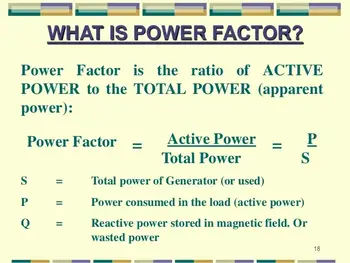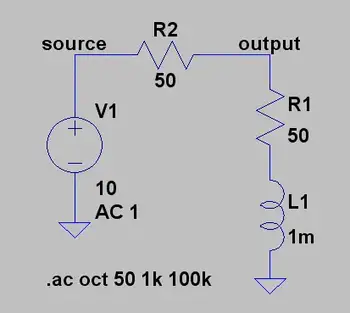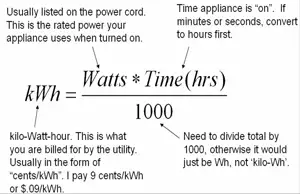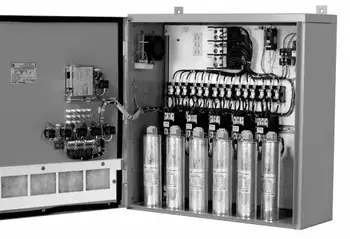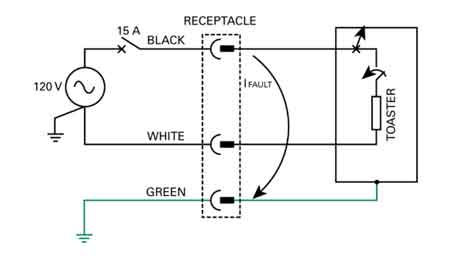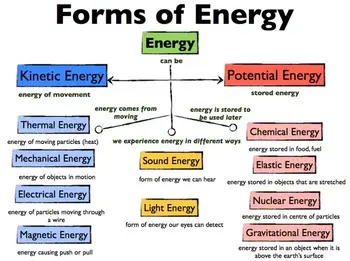What is a Multimeter?
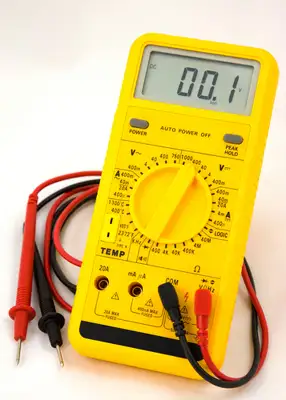
What is a Multimeter?
A multimeter (MM) is essential for those working with electronics or electrical systems. It is a versatile instrument that combines several measurement functions into one unit, making it indispensable for electricians, technicians, and even DIY enthusiasts. This article will explore a multimeter's features, types of multimeters, and uses while answering some common questions about this indispensable tool.
Multimeters come in two primary forms: digital (DMMs) and analog multimeter. DMMs have a digital display, making them easy to read and providing more accurate electrical measurements. In contrast, analog meters use a needle on a dial to indicate the measured value. While digital multimeters are generally more popular due to their precision and ease of use, analog MMs can be useful for observing trends or changes in measurement.
One of the primary functions of a multimeter is to measure voltage. Voltage measurements can be made on both alternating current (AC) and direct current (DC) sources. To do this, the multimeter is connected to the circuit under test using red and black test probes. Therefore, selecting the appropriate measuring range and observing safety precautions when dealing with high voltages is essential.
In addition to voltage, multimeters can measure current and resistance. Current measurement involves connecting the multimeter in series with the circuit under test, while resistance measurement is performed by connecting the multimeter across the component or circuit. Some multimeters can also measure other quantities, such as capacitance and frequency, further expanding their versatility.
Multimeters typically include a continuity test function, which is useful for checking if there is a complete electrical connection between two points in a circuit. This function works by sending a small current through the circuit and detecting if the current flows without interruption.
The accuracy of a multimeter's measurements depends on its input resistance, which determines how much it will disturb the circuit under test. Therefore, the higher input resistance is desirable, as it minimizes the impact on the measured circuit. Field-effect transistors (FET) and vacuum-tube voltmeters (VTVMs) achieve high input resistance by amplifying a tiny current before displaying it on the meter.
Choosing the best multimeter for your needs depends on various factors, including the required measurement functions, accuracy, and budget. Auto-ranging multimeters automatically select the appropriate measuring range for the measured quantity, making them more user-friendly than manual-ranging multimeters.
Safety precautions should always be observed when using a multimeter. These include using the correct measuring range, avoiding contact with live circuits, and using insulated test probes. In addition, proper maintenance and calibration of the multimeter are essential for ensuring accurate measurements over time.
A multimeter is a versatile tool that combines the functions of an ammeter, ohmmeter, and voltmeter, among others. It enables users to measure voltage, current, resistance, and other electrical quantities in a variety of power supply applications. By understanding the differences between analog and digital multimeters, their various functions, and the importance of safety precautions, users can make informed decisions about which multimeter is best suited to their needs.
On-Site Training
Interested in cost effective, professional on-site electrical training?
We can present an Electrical Training Course to your electrical engineering and maintenance staff, on your premises, tailored to your specific equipment and requirements. Click on the link below to request a Free quotation.



